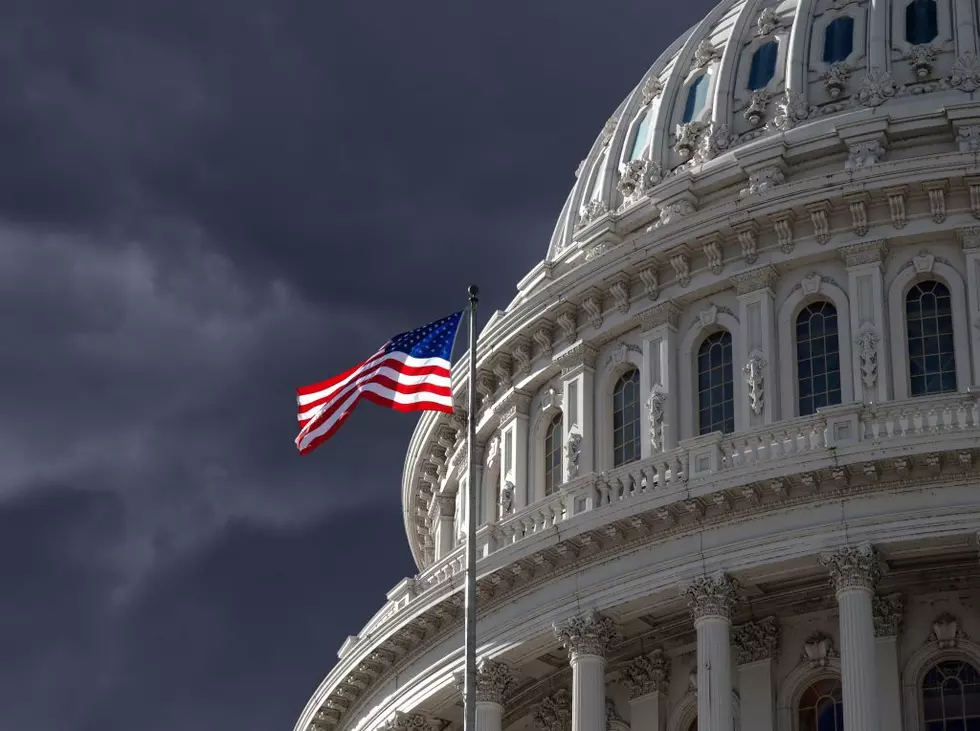
Many Questions Remain About U.S./China Trade Relations
No one knows yet, exactly what the ceasefire in the U.S./China tariff war means for American agriculture. American Farm Bureau trade adviser, Dave Salmonsen, says so far, the statements from the two governments are conflicting, and lack specifics.
“The U.S. statement said that China said they will purchase very substantial amounts of farm, energy, industrial and other goods, China said they’ll import more U.S. goods. So, it’s not clear, there were no numbers, offered.”
Salmonsen said all that is known is the two-sides agreed to a 90-day ceasefire, with no hike in existing US tariffs on Chinese goods, as had been planned on January 1st.
“It gives you a platform to begin, and with the pressure of saying after the 90 days things are resolved, then the U.S. can always move those tariffs up to the 25% level.”
But Salmonsen says it’s hopeful that the US and China are forgoing tariff increases and talking again. Separately, Salmonsen says President Trump’s new plan updating NAFTA with USMCA will create a new battle, this one in the U.S. Congress.
The USMCA, itself, cannot be changed under existing legislative rules, but side-agreements with added labor or other protections, can be added.
Salmonsen says people expect the final agreement will be a “package” of items, including some that have nothing to do with trade, but will help win the votes to get the USMCA ratified.
If you have a story idea for the Washington Ag Network, call (509) 547-1618, or e-mail gvaagen@cherrycreekradio.com
More From PNW Ag Network









